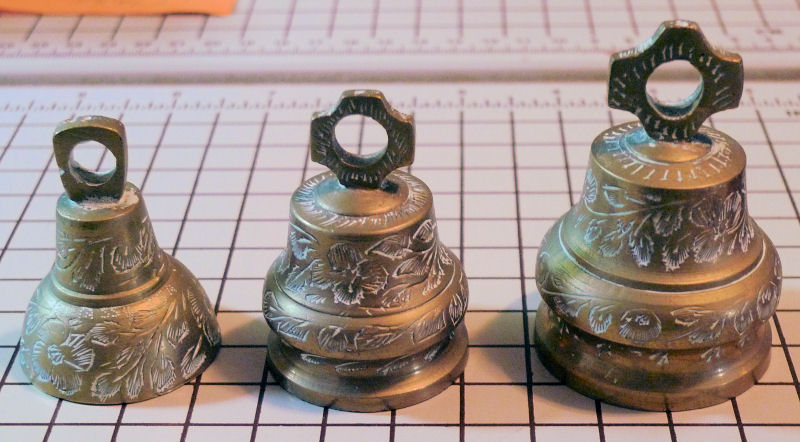Qt is also quite a beast on its own, though. And some of its functionality is now duplicated by current C++ standard, but I guess (haven't looked into it anymore) they make you use all the Qt stuff, as that's what works hand in hand with all the stuff that you actually need Qt for.
Wchich means you will be learning their stuff, instead of the new, equivalent, C++ standard things which you can use whatever library you will be using should Qt no longer fit your needs or be available on reasonable conditions, in later projects. (if you already are familar with C++11/14/17, and don't mind piling similar stuff onto that, it's no biggie I guess)
E.g.: smart pointers of different kinds, containers, string types, threads and other mechanisms for facilitating concurrency / synchronization primitives...
And there is the danger of making code that could/should be agnostic to that stuff dependent on Qt, because they, for reasons which are beyond me, defined all the basic types like int types as their special ones, with a Q prefix, e.g. Qint8 or so (instead of using cstdint - I guess old baggage from when it was not in the standard - although defacto standard names like uint8_t have been in existence for a long time).
Which means that when making independent modules, you'll have some fun casting at the interface boundaries, for the most mundane stuff. Not as serious a "problem" for primitive types, but std::string vs. Qstring and all the other things I mentioned, makes things more ugly.
And they infuse C++ with some weird-ish additions to enhance the language in some aspects (special syntax), which help do some things more easily, but to me, really highlight the cracks and gaps between this charade of trying make C++ seem like a modern language, and actual modern languages. Only one glance, if things suddenly don't work so nice, into the matryoshka template hell, used, among other things, to simulate a modern language, in the debugger and trying to make sense or see the really really really relevant data items of anything, and I quickly realized that that's not for me and, when I have the say, I'll use something like C# if a GUI is needed. Although e.g. you won't like that the best tool for that branch is visual studio, I can at least say I never felt like stabbing myself when debugging there, also because of absolutely useless error messages, because the real issue is buried around 5 corners.
Also, note that Qt is not free, for commercial products. (last time I checked)
But it certainly is a rich environment and covers A LOT of different terrain, no doubts about that. (I'm personally not exactly fond of the Qt Creator IDE, though :-P)
A not nearly as rich, but also not suffering from above problems, cross platform GUI option might be GTK+3. I haven't looked at that in a long time, and back then, only briefly, though.
But the sense I got when reading about peoples preferences is that Qt is mostly preferred because of the wide array of topics covered, not because GTK was worse at what it does wrt. the intersection between the two.
I mentioned Python as a reply to "scripting", and Python usually being characterized as a "scripting language", optimized for code brevity and quick results, not so much huge, complex projects (not saying that some don't do it anyway).
EDIT: as for "static typing / had a compiler": Not the first, but the latter - you can create executables. I don't know about the speed gain by that.
https://stackoverflow.com/questions/5458048/how-to-make-a-python-script-standalone-executable-to-run-without-any-dependency



